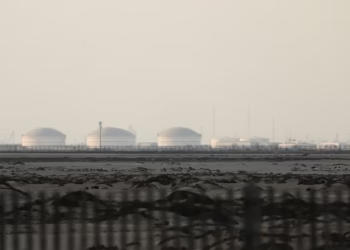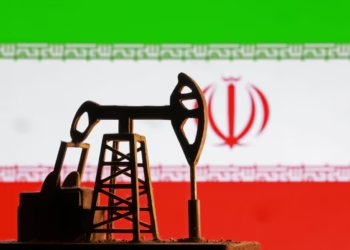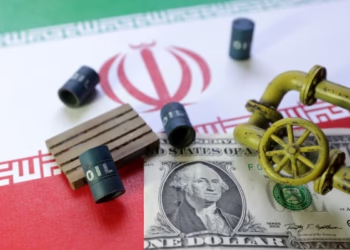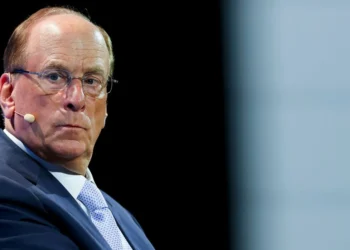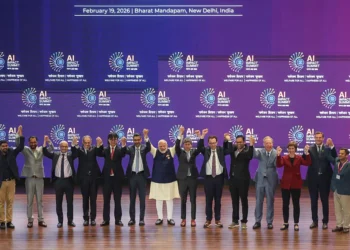BRUSSELS (Realist English). The European Union’s next Multiannual Financial Framework (MFF), due to run from 2028 to 2034, risks falling short of expectations amid mounting economic, security, and political challenges. Analysts say the long-term budget is unlikely to be adequate in size or structure, despite widespread consensus that it needs urgent reform.
European Commission President Ursula von der Leyen recently acknowledged the limits of the current €1.2 trillion framework, calling it “designed for a world that no longer exists.” Yet the Commission’s new proposal, due Wednesday, is expected to stay within narrow political constraints — with only modest increases and limited structural overhaul.
Experts from think-tanks including Bruegel, the European Policy Centre, and Bertelsmann Stiftung say the EU will need a budget closer to 2% of GNI — almost double today’s — to address the €800 billion investment gap identified by Mario Draghi, and to compete with U.S. and Chinese strategic spending. However, Germany, France, and other major economies remain resistant to significantly higher contributions.
“There are major risks that the budget will not only be too small, but also structurally inadequate,” warned Zsolt Darvas, senior fellow at Bruegel.
The challenge is compounded by new repayment obligations under the €650 billion NextGenerationEU recovery programme, which alone could consume up to 20% of the next MFF. With new “own resources” unlikely to fill the gap, experts fear this will effectively shrink the EU’s budgetary capacity.
To make up for limited fiscal space, the Commission is expected to propose a shift in priorities, including the creation of a European Competitiveness Fund to boost joint investment in green, digital, and defence sectors. A revamped structure may also merge agricultural and cohesion funds into flexible “national and regional partnerships” tied to reform benchmarks and rule-of-law compliance.
Yet any deep cuts to the Common Agricultural Policy (CAP) or cohesion funds face fierce opposition. France, the largest CAP recipient, and Poland, a major beneficiary of regional aid, are unlikely to accept reductions. Hungary is also expected to push back against rule-of-law conditions and funding for Ukraine.
“There is a dangerous mismatch between ambition and reality,” said Philipp Lausberg of the EPC. “If the Competitiveness Fund is not adequately financed — at least €300 billion — it will fall short of catalysing long-term investment.”
Without unanimity among member states, the risk of political deadlock remains high. Budget approval requires consensus across the 27 EU capitals, a tall order in a period marked by economic strain, strategic fragmentation, and populist pressure.
The MFF debate highlights Europe’s deeper structural problem — a shared recognition of growing global risks, without the political will or fiscal tools to match the challenge. Unless consensus can be forged, the bloc risks entering the next decade underfunded and underprepared.



